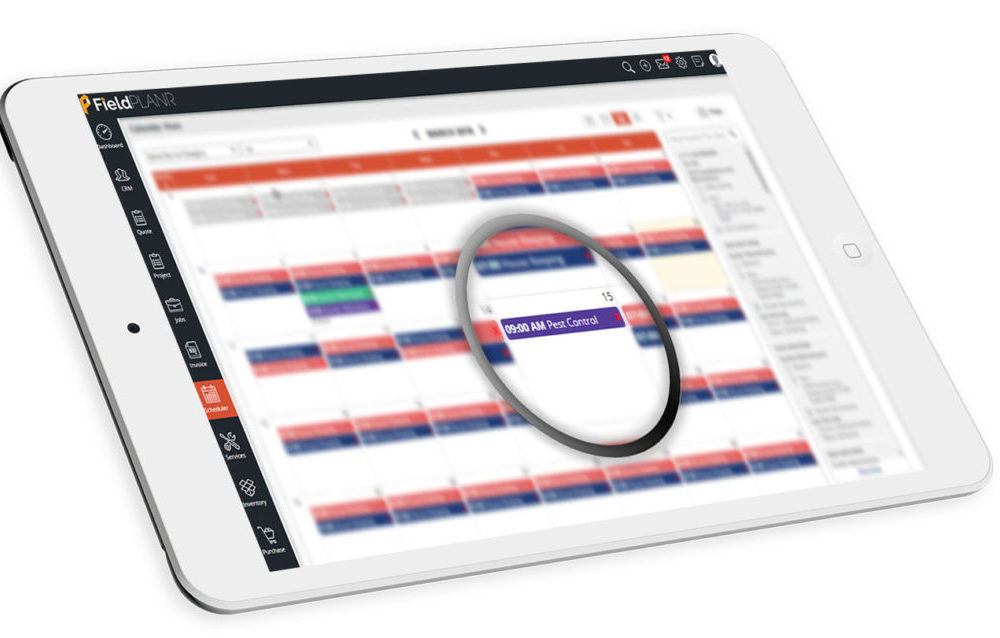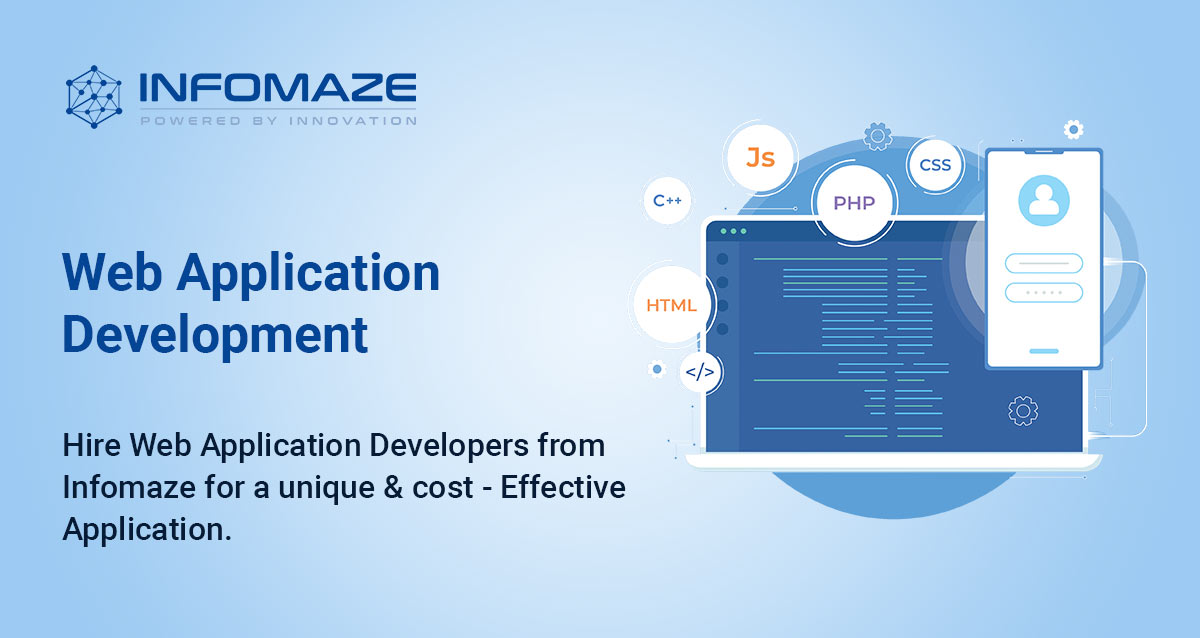Java vs. PHP – A Comparison for Web Application Development
One of the main questions that need to be answered before developing a web application is choosing the programming language that will be most efficient as per the requirements. With a multitude of programming languages out there, here is a comparison between Java and PHP. The comparison is not to choose the superior language. Amongst the two, it is to guide which language to choose based on the project specifications.
Overview of Java vs. PHP:
What is Java?
- Java is an object-oriented, general-purpose programming language that supports both server-side and client-side language. It requires code compilation before execution. It runs on the WORA (Write once, run anywhere) approach.
- The language comes with a well-defined reflection concept, including interfaces, abstract or reusable classes.
- Java-based applications run on JVM (Java Virtual Machine) connecting the source code and the binary code and need an operating system, a web server and an application server for the automatic transaction, Authentication, Authorization, and Lifecycle management.
What is PHP?
- PHP is a well-suited programming language for web applications development, directly executable from the command line and hence no compilation is required as it is dynamically typed. It is a server-side language and embedded in HTML.
- Although PHP does not have a reflection concept built below PHP version 5, the higher versions have it.
- PHP-based applications run on Apache server/IIS and require PHP Engine, operating system, and the webserver.
Significant comparisons of the salient features of Java and PHP
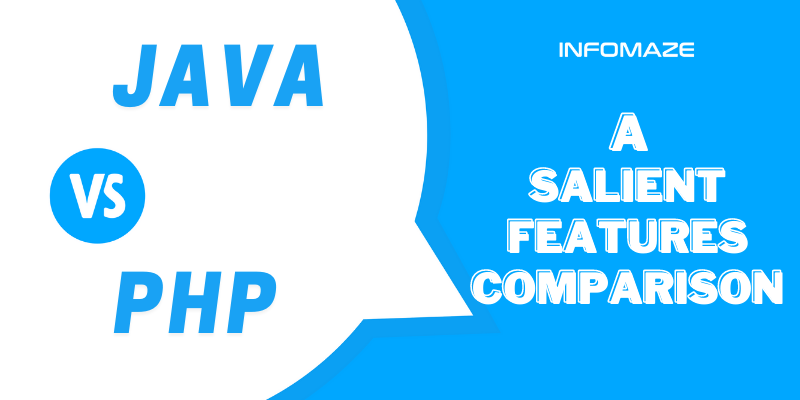
Popularity
In recent times, most programmers choose PHP over Java for web development. One of the main reasons being its ease of use with an easy learning curve. But it is always wise to choose the language based on the performance required in the application, the language tools and programming support.
Programming Support
Java:
Being an object-oriented language, it adheres to modern programming to build large enterprise solutions supporting functional paradigms for modular applications.
PHP:
PHP version 5 and higher runs on OOPs (Object-oriented programming language) and is specifically built for web development and works best for small and medium-sized applications.
Language Tool
Java:
Java has multiple IDEs (Integrated Development Environment), including NetBeans, Eclipse, IntelliJ IDEA, BlueJ, DrJava, JDeveloper, to name a few, which can be used for editing and debugging. At the same time, the packaging is done with tools including Maven, Web Start, Editors and ANT, among others.
PHP:
The PHP Editors includes Atom, Visual Studio Code, Brackets, jEdit, Bluefish and Notepad++, among others. While debugging can be done with print statements, Xdebug, an extension, PHPDebugBar, a plugin, Kint, Whoops, and many more debugging tools. While for packaging, only files are involved, and no packaging concept exists.
Security
Java:
Using secure transfer protocols, Java allows data exchange between the client and server. Due to this high level of security, to protect the PC, Java doesn’t allow some functions to perform and hence is more suitable for large enterprise applications.
PHP:
It allows host-sharing, unlike Java, and is not memory-safe and uses integrated security features from other PHP frameworks. A small error can make the web application vulnerable to XSS attacks and SQL injection attacks. Providing a proper security code and methods to prevent such vulnerabilities are necessary.
Performance
Java:
The Java framework is easy to install. The programming language best suits large web applications as it can communicate with multiple systems from the same application, including peer-web-services, mainframe back-ends and databases. It is optimised for speed: Just-in-time-compilation.
PHP:
The performance of PHP is best suited for small and medium applications. Since no compilation is involved in PHP, as long as the application does not have to perform a complicated function and process big data, PHP performs efficiently to build robust and fast-performing solutions.
Conclusion: Java vs. PHP for Web Development
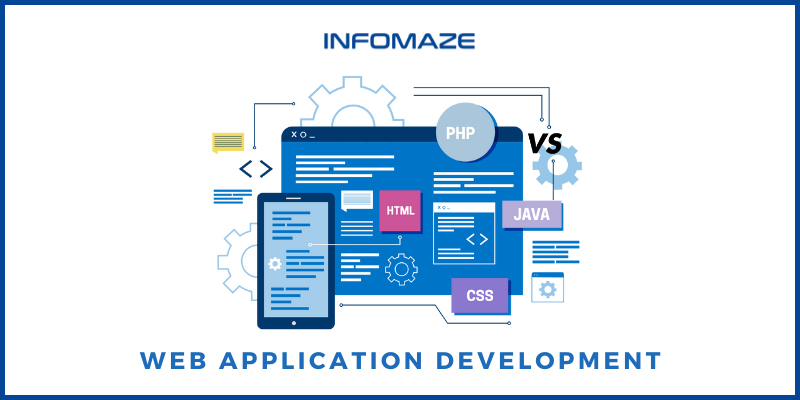
Both the language have their pros and cons and their similarities and differences. Comprehending the usefulness of the language during web application development, choosing either Java or PHP is required. The developers prefer Java for web development of large enterprise applications for the stability, security, and performance of modular and open-source frameworks and PHP for small or medium applications web development.
But it necessarily does not mean you have to choose Java over PHP for large web applications development or PHP over Java for small or medium web applications development when you have the expertise and the knowledge to take advantage of the language used the most.
Are you looking to build a web application development and not sure which programming language to choose or yet to define the SOP of your project to best suit your business? Reach out to our consultants, and we will build the right web application for you without you having to worry about choosing between Java vs. PHP for web development.
Categories
- Application Migration (8)
- BI (7)
- Case Study (24)
- CRM (8)
- Dot Net (8)
- Informational Blog (66)
- IT Help Desk (8)
- Mern Stack (1)
- Microsoft 365 (2)
- Mobile Application (9)
- Offshore Development (10)
- Outsourcing Services (1)
- PHP (11)
- PowerBI (7)
- QuickBooks (5)
- ReactJS (4)
- SEO (14)
- SharePoint (3)
- Web Application (10)
- Xero (1)
- Zoho (12)
- Zoho Case Study (28)
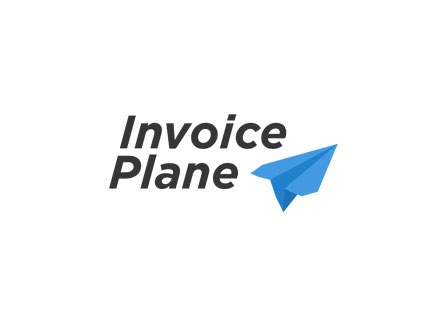
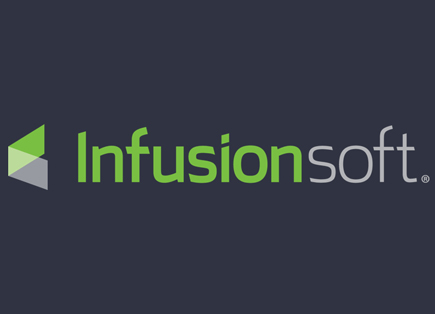

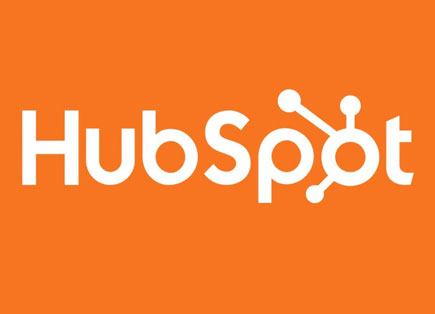
Disclaimer: All rights belong to the owner. No Copyright or Trademark Infringement Intended.

